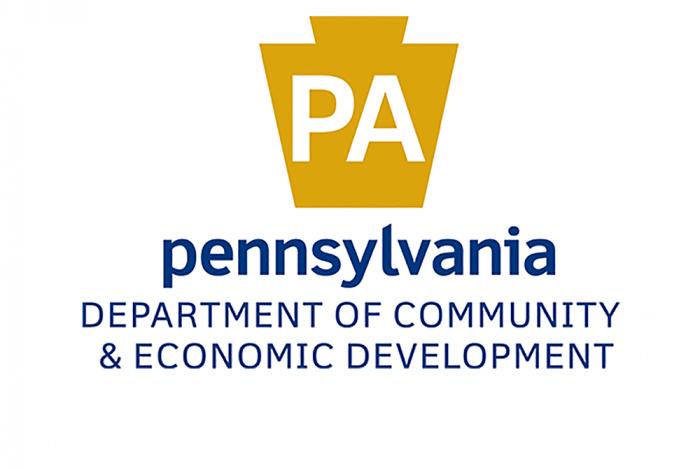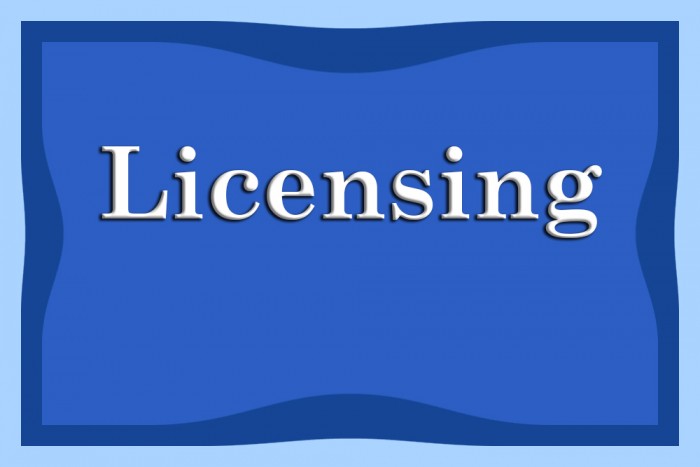‘Trauma-Informed PA’ Plan with Recommendations and Steps for the Commonwealth and Providers
PA Department of Health and Department of Human Services Overview of RRHCP
Proposed CHC Waiver Amendments Published & Open for Public Comment
The July 25, 2020 issue of the Pennsylvania Bulletin contained the public notice, Availability of Amendment to the Office of Long-Term Living’s Home and Community-Based Community Health Choices Waiver, which announces the amendments to the Community HealthChoices (CHC) waiver.
The Department of Human Services (DHS) Office of Long-Term Living (OLTL) will be submitting amendments for the CHC 1915(c) Home and Community-Based waiver to the Centers for Medicare and Medicaid Services (CMS) in October 2020. OLTL has made available a side-by-side comparison of the current and revised language, as well as copies of the amendments in their entirety on the 2021 Community HealthChoices Waiver Amendment page of the OLTL Waiver Amendment, Renewals, and Accompanying Home and Community-Based Services (HCBS) Transition Plans website.
OLTL is requesting public comment on the proposed CHC Waiver Amendments. Written comments should be sent to: Department of Human Services, Office of Long-Term Living, Bureau of Policy Development and Communications Management, Attention: CHC 2021 Waiver Amendment, PO Box 8025, Harrisburg, PA 17105-8025. Comments can also be sent via email, using the comment form OLTL has provided. Please use “CHC 2021 Waiver Amendment” as the subject line. A Word version of the comment form can be downloaded via the link found at the bottom of the 2021 Community HealthChoices (CHC) Waiver Amendment page of the OLTL Waiver Amendment, Renewals, and Accompanying HCBS Transition Plans website. The public comment period ends on August 24, 2020. Comments must be submitted by this date to be reviewed and considered for revisions to the proposed waiver amendments.
RCPA Member APA Survey
As part of RPCA’s ongoing effort with members and stakeholders regarding the Alternative Pay Arrangements/Agreements (APA), we are asking members to complete this APA Survey.
We understand that these may look different across our membership, so we have requested input and feedback from the BH-MCOs in the development of the survey questions.
We respectfully request that one survey be completed for each of those program areas if the APAs differ across your service continuum. The data we collect will be instrumental in our collective efforts with DHS, and managed care organizations, regarding strategic fiscal considerations in the coming months.
We request the surveys be completed by August 7, 2020. Thank you, and if you have questions, please contact RCPA Children’s Division Director Jim Sharp or your RCPA Policy Director.
Upcoming ACRE Basic Certification Training
The ARC of Pennsylvania’s Making Employment Work course is an ACRE Basic Certification Training. To receive certification, participants must attend a 3-day, live webinar training and then complete a self-paced, online curriculum.
Live webinar training takes place on October 5–7, 2020, from 9:00 am to 11:00 am and 1:00 pm to 3:00 pm each day. The rest of the course is self-paced, online and will begin after the conclusion of the lectures on October 7, 2020.
Register for the training and complete the online registration form. See flyer for more information.
Senator Casey’s Virtual Disability Employment Summit Recording/Resources
On July 24, 2020, Senator Casey hosted a Virtual Disability Employment Summit. The Summit included conversation with APSE, OVR, and employment support providers to examine the impact of the novel coronavirus (COVID-19) health crisis on disability employment, as well as discussing strategies to improve the disability employment rate and ensure people with disabilities are able to return to work.
The full recording of the Summit with ASL or Closed Captioning is available on the Senator’s web page. If you have trouble loading the video on the website, you may need to clear your browser’s cache or restart it. Alternatively, you can view the Summit on Senator Casey’s Facebook page. You can find additional resources about the topics discussed on the Senator’s web page as well.
DCED COVID-19 PA Hazard Pay Grant Program FAQs
The Department of Community and Economic Development has posted Frequently Asked Questions for the COVID-19 Hazard Pay Grant Program.
Additional details about the program, including eligible applicants, eligible industries, and instructions on how to apply can be found in the program guidelines, which can be accessed on the COVID-19 PA Hazard Pay Grant web page.
Resumption of Annual Inspections During the COVID-19 Pandemic
On March 6, 2020, Governor Tom Wolf issued a Proclamation of Disaster Emergency (“the Disaster Proclamation”) to enable agencies to respond promptly to address the 2019 Novel Coronavirus (COVID-19) pandemic. With the Governor’s authorization as conferred in the Disaster Proclamation, on March 30, 2020, DHS announced that it “will not be conducting any annual licensing inspections until Governor Wolf lifts the current Proclamation of Disaster Emergency for COVID-19 or until such other time set by DHS” to support the Commonwealth’s efforts to prevent transmission and spread of COVID-19. In doing so, DHS suspended 62 P.S. §§ 911(a)(2) and 1016, to the extent those statutory provisions may be interpreted to require annual on-site visits, and the regulation at 55 Pa. Code Ş 20.31 (relating to annual inspection), which explicitly requires that DHS conduct an “on-site inspection of a facility or agency at least once every 12 months.”
DHS is responsible for enforcing licensing regulations intended to protect the health and safety of people who are served in licensed settings. Enforcement is primarily achieved by conducting annual on-site inspections of each setting to ensure that the licensee is in full compliance with all applicable regulatory) requirements. Regulatory requirements are applied and enforced by the following DHS program offices:
- Office of Child Development and Early Learning (OCDEL)
- Office of Children, Youth and Families (OCYF)
- Office of Developmental Programs (ODP)
- Office of Long-Term Living (OLTL)
- Office of Mental Health and Substance Abuse Services (OMHSAS)
DHS remains committed to preventing and containing the spread of COVID-19. As the Commonwealth reopens in accordance with the Governor’s Process to Reopen Pennsylvania, DHS has resumed annual on-site inspections of licensed settings.
To balance the need to contain the COVID-19 virus with the responsibility for regulatory oversight and enforcement of licensed settings, DHS may apply alternative techniques for annual inspections that do not require an on-site presence in the licensed setting and when an in-person presence in the facility may contribute to the spread of COVID-19, e.g., a participant, consumer, or staff person has tested positive or is suspected to have COVID-19 in the past 21 days.
Alternative techniques include, but are not limited to, the use of videotelephony and file-sharing applications that will allow for real-time observations of conditions at the licensed setting. Use of these techniques will ensure that regulatory compliance is maintained in a manner that does not contribute to the spread of COVID-19.
Additional information regarding the application of these techniques for annual inspections will be communicated to the field by DHS program office before the inspections takes place.
This suspension will remain in place only while the Disaster Proclamation remains in effect or such other time as DHS directs. DHS will continue to conduct complaint, incident, and protective services investigations on-site.
Please contact your regional licensing office for any questions.















